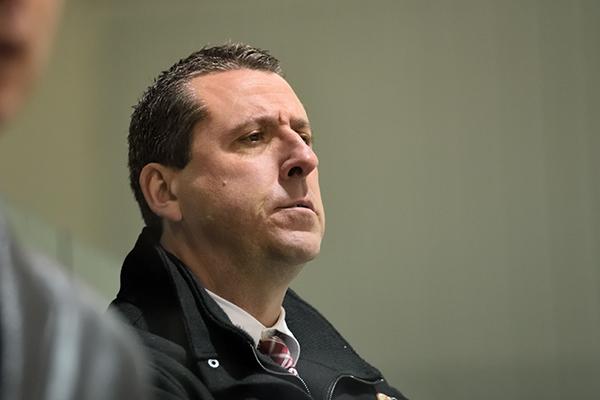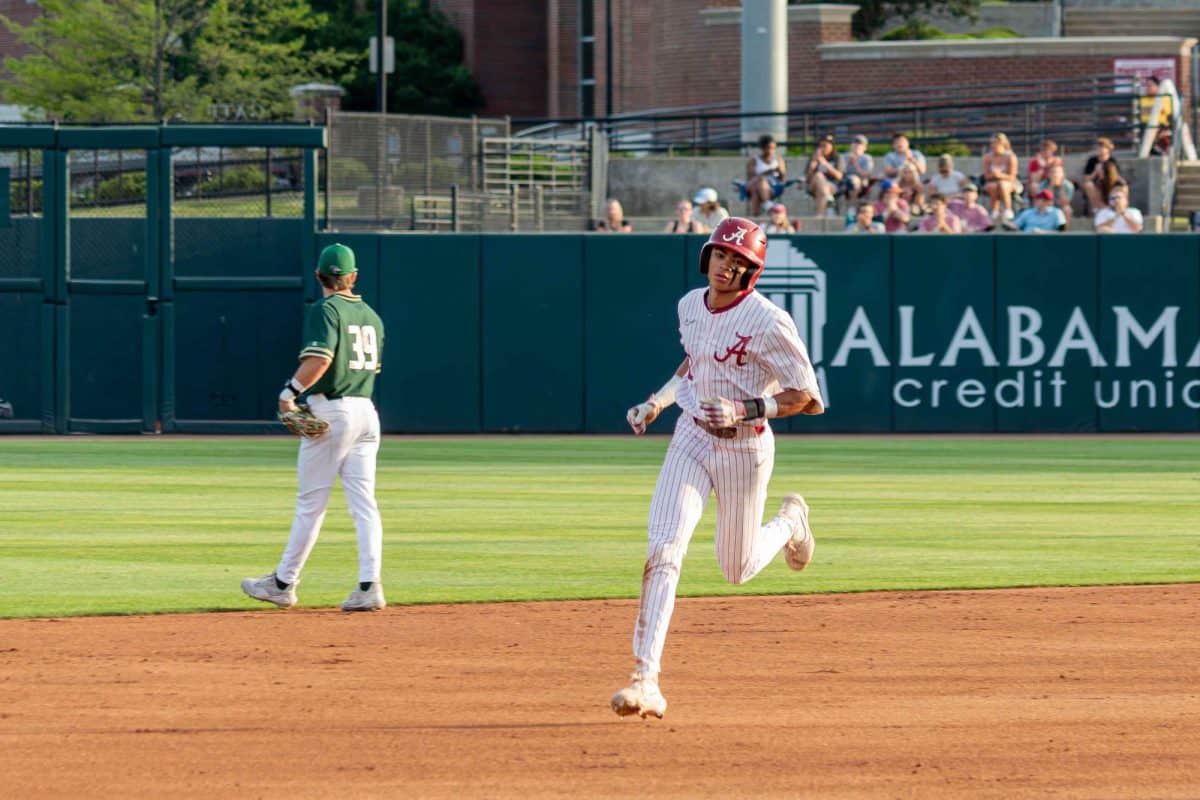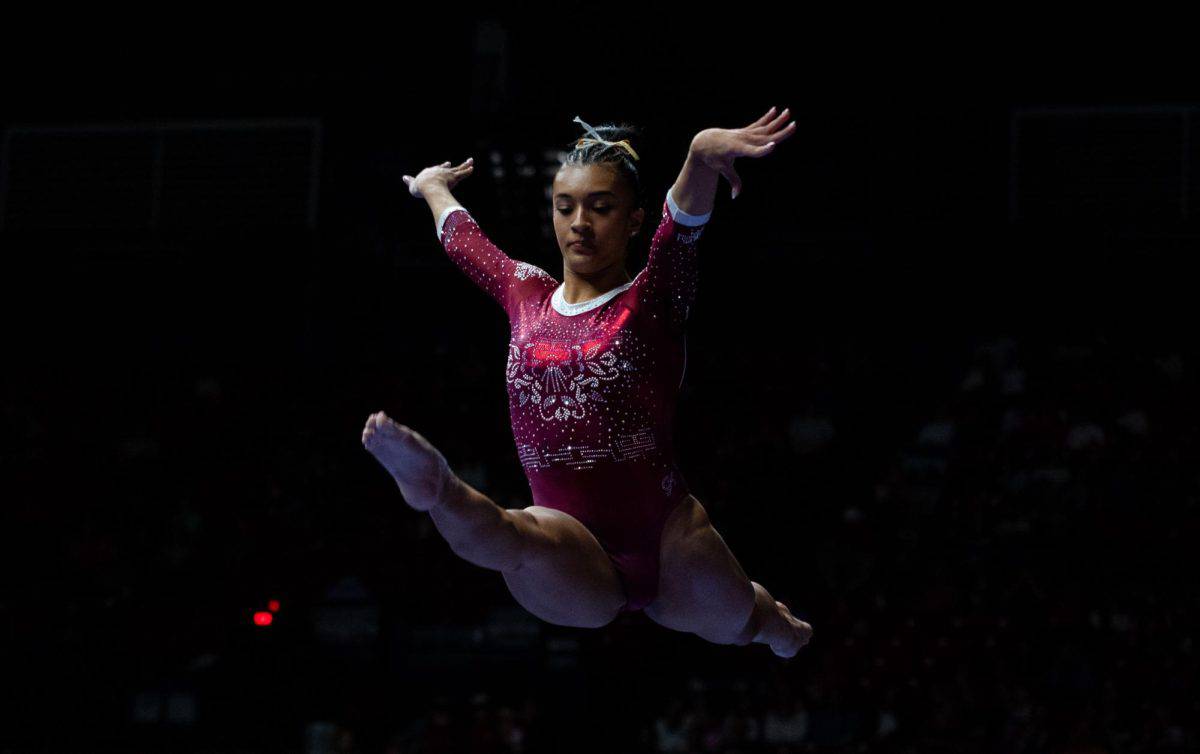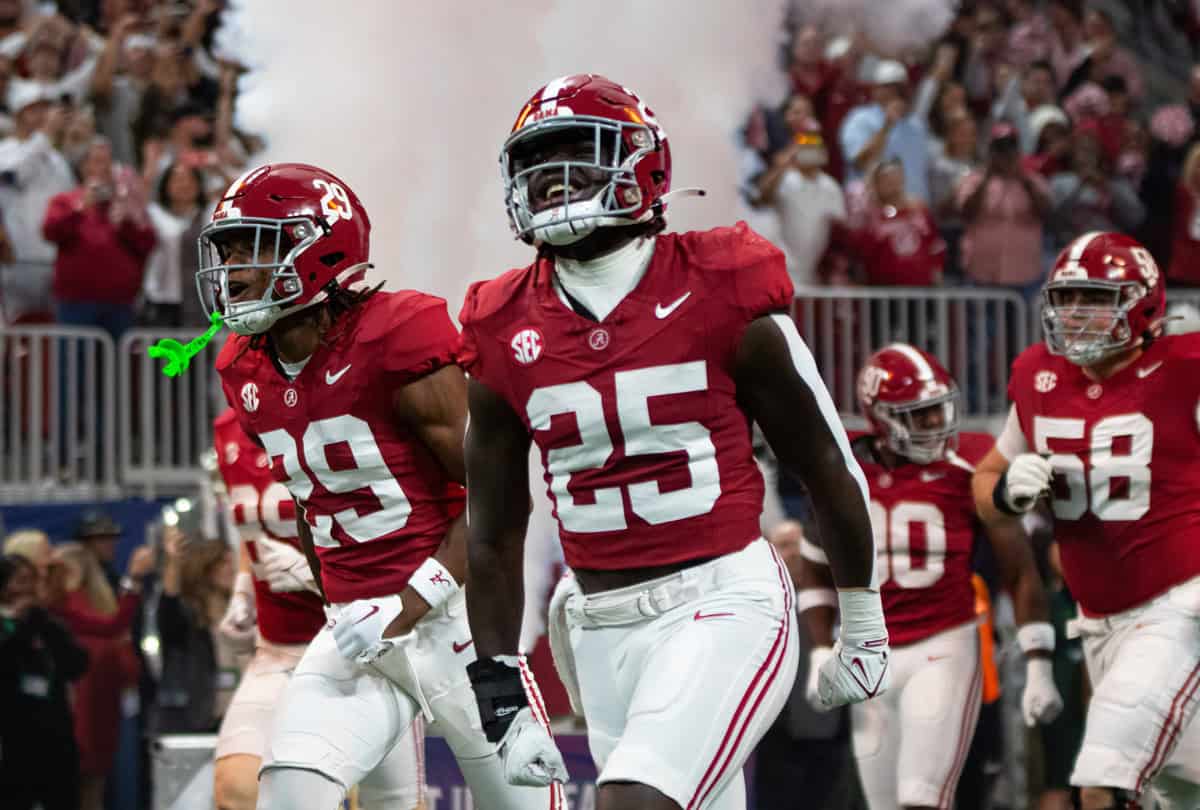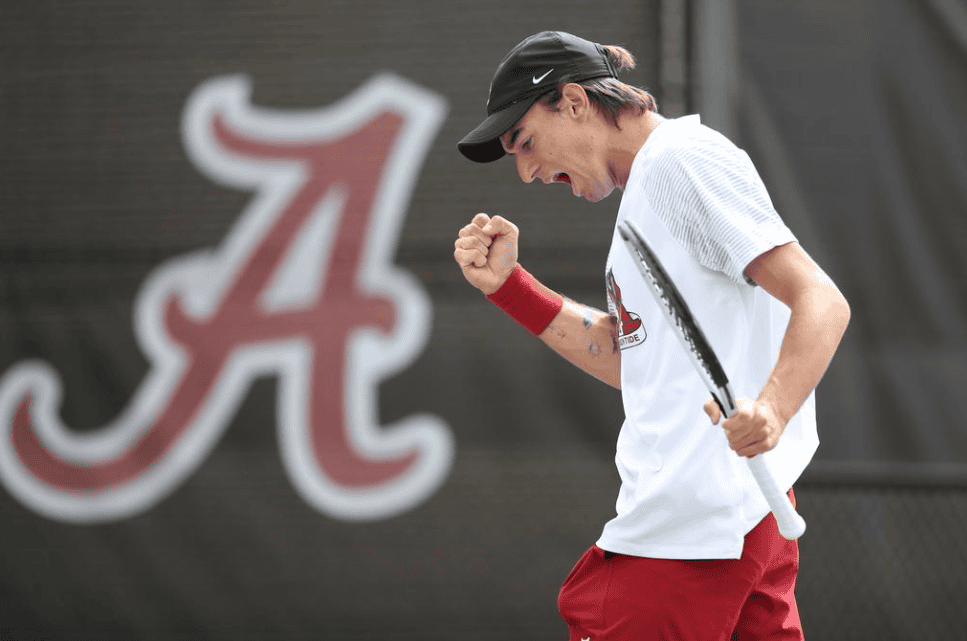Hockey in upstate New York is like football in Alabama. Everyone in the state plays it and everyone watches it. It’s less sport and more a way of life. It is something embedded in natives from the time they are born. For Quenneville, it was a family tradition.
Quenneville is the youngest of four children and all of them played hockey growing up. Their father, Marcel, coached the sport, so naturally, the youngest family member took an interest in the game.
Quenneville played throughout high school and eventually enrolled at Canton ATC, a junior college in New York now known as SUNY Canton. During the 1985-86 season, his first year playing college hockey, he blew his knee out. At the time of the injury, NCAA Division I schools Clarkson, Cornell and St. Lawrence were recruiting him, but the injury scared them away.
He stayed at Canton and in his second year he was named captain, helping to lead the team that won the NJCAA National Championship in 1987. When the time came to transfer, the University of Alabama-Huntsville was the only NCAA team still offering him a scholarship.
“The Division I schools that were recruiting me backed away,” Quenneville said. “UAH was the only Division I school left that gave me a full scholarship. I had opportunities to play in lower divisions of college hockey but it was non-scholarship. So, [if] I went to a place where it was warm, I would have a full scholarship and they had great academics.”
During his time at UAH, he was named the Chargers team captain and in 1989 was selected to represent the United States in the World University Games. Shortly after his college career ended, Quenneville was named an assistant coach for the Chargers for the 1989-90 season while he finished up his last semester of school. After the 1990 season, he left UAH to get a full-time job.
Quenneville came back to UAH as a volunteer assistant coach before the 1994 season and stayed until the 1998 season. During his second tenure with the team, he was part of a coaching staff that helped the team win two Division II NCAA National Championships, one in 1996 and one in 1998. Following those championships the school moved back up to Division I.
After leaving UAH but still residing and working in the Huntsville area, he made a name for himself coaching amateur hockey. In 2003, he became the head coach at Bob Jones High School in Madison and led them to a state championship while also volunteer coaching with the Huntsville Amateur Hockey Association. He has coached kids ranging from mites to high school and recently finished his 20th year as a volunteer.
“My dad coached hockey for 40 years so I would help him at his practices growing up my whole life,” Quenneville said. “When I came to UAH, I helped out with kids hockey all the time. It was just something in the family and it was something that I always loved to do. During my playing days I would give back to the community by helping the kids out.”
The Frozen Tide, Alabama’s club hockey team, was formed in the 2005 season but it wasn’t until 2008 that Quenneville got involved with the program. He didn’t become the head coach of the team until 2010, but since the move the program has seen a tremendous amount of success.
Since Quenneville was named head coach, the team has won an SEC Hockey Conference championship in 2012 and he has been named the D3 ACHA National Coach of the Year. He also recently won his second SEC Coach of the Year award.
“He has been National Coach of the Year and SEC coach of the year,” senior forward Kenny Janssen said. “That is incredible for a coach from a non-traditional hockey school like Alabama.”
His dedication to the program may be higher then any other ACHA hockey coach. In addition to coaching the Frozen Tide, he also works as an account manager for ClearComm Sales in Huntsville, where he resides.
On days the team practices at the Pelham Civic Complex the coach gets up at 6 a.m. for work and doesn’t make it back home until around 1 a.m. after practice.
“He drives over an hour to practice which is a longer drive than us players make,” senior forward Clay Link said. “He uses his vacation days at work to go on road trips with the team. The amount of sacrifices that he makes makes him a role model of what must be done if you want to continue doing the things you love.”
Frozen Tide General Manager Buddy Damare has been with the team since its inception and has never seen anybody with as much love for the game of hockey.
“For him, to have the kind of dedication and commitment to this team is truly a testament to how much he loves this game,” Damare said. “It is as much a part of him as breathing. I tell people all the time, I don’t want people to come to our program that want to play hockey. I want them to be hockey players. He is a hockey player and that is just an incredible testament to how much you love the game.”
In addition to numerous coaching awards, Quenneville has also led the Frozen Tide to three straight ACHA Division III National Championship Tournaments, including this year’s, which the team is hosting. The tournament is a 16-team playoff that started on Tuesday and will run through Saturday. The team opened the tournament with a 4-4 tie against Michigan State on Tuesday night.
The program also announced that it would move up to play Division I of the American Collegiate Hockey Association, which is the highest level of club competition before NCAA. Quenneville has also helped change the way that fans view the club.
“He has taken the program to another level,” Damare said. “He understands what we are trying to accomplish. He is a great ambassador for the University. He has moved within the circles of ACHA and within college athletics as a whole, both at a national level and locally with the athletic department and the school itself. He has changed the way that we are perceived and has added value to the brand.”

